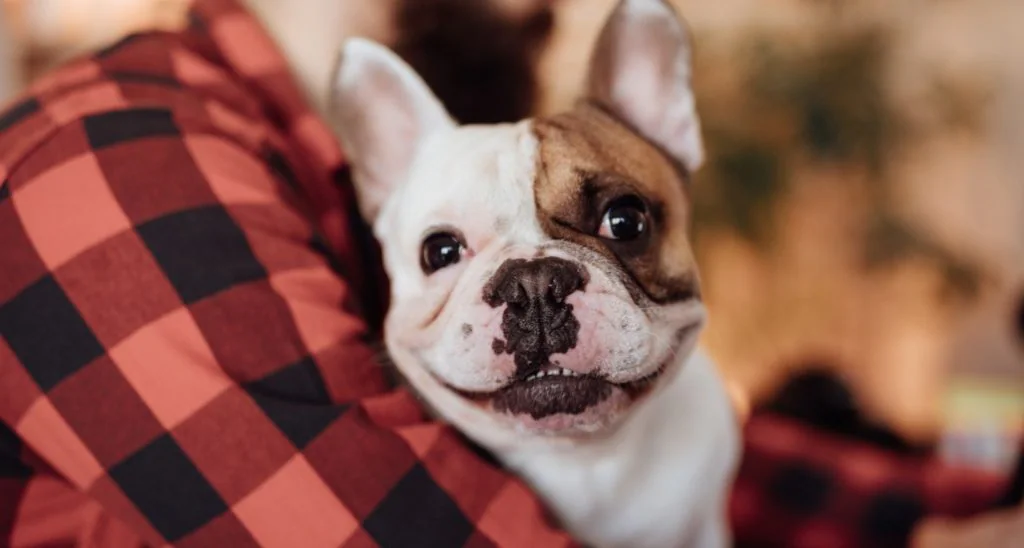Latest News
What Should You Know Before You Decide to Get a Puppy?

If you’ve cared for a dog but not a puppy before, you may be surprised by the volume of work that you’ve taken on after you bring home your furry bundle of joy. Familiarizing yourself with some of the lesser known but important parts of having a pet who is just a few months old can help you make a solid game plan and avoid surprises.
You Have to Learn About a Breed’s Individual Needs
Puppy care is not one-size-fits all between breeds. Each dog breed has unique medical, nutrition, and exercise needs. You should make it a point to learn about a specific dog breed that you are interested in getting so that your dog’s needs will be consistent with your expectations.
If you are very high-energy and want your dog to do active things with you outdoors, you should limit your search to active breeds that thrive on more than one hour of exercise each day. If you’re fairly sedentary and want a companion to chill out on the couch with you, consider a breed that needs less exercise. There are lots of ways to exercise dog indoors effectively, but also be prepared to give your puppy opportunities to spend time outdoors at your local dog park once he or she is old enough. Quality time with other canines will help your puppy grow up to be well-adjusted socially.
You should be aware that breeds’ social needs can vary greatly. Some breeds may be more likely to keep to themselves rather than seek out four-legged friends. Also, some breeds crave attention from owners constantly and don’t fare well when they are alone for long stretches of time.
Puppies Should Stay With Their Litter for Eight Weeks
Be wary of breeders who want you to bring home a dog who is less than eight weeks old. In many states, it is illegal to sell a dog before it has reached eight weeks. Puppies need to stay with their mothers and litters during their first two months for socialization. Mothers start to wean their pups at around six weeks and start to spend fewer hours with them during that time, but puppies still need to stay with their brothers and sisters so that they can develop social skills.
A shelter may adopt out puppies who are less than eight weeks old if it is not possible for them to stay with their mother. You should not necessarily rule out adopting an animal just because it has been separated at a young age, but you may need to be prepared to spend a considerable amount of time with your pet to provide comfort, security, and socialization skills.
Dogs Don’t Need Cages
Unfortunately, it is still surprisingly common for people to keep their dogs in cages. This is especially common among puppies because there is a misconception that is helpful for housebreaking. The rationale is that dogs will be less likely to urinate or defecate if they are in a place where they are unable to move. In reality, young puppies are not capable of holding their bladder for more than a couple of hours. Their ability to wait to relieve themselves develops over a course of months, and putting a puppy in a cage does not speed up the process.
In general, there is substantive evidence to support a widely held belief that cages make dogs feel safe or mitigates separation anxiety. In fact, confining a dog to an enclosed space can significantly exacerbate the anxiety that dogs experience while their owners are not at home. They cannot move comfortably, look at anything, do anything, or drink water for the duration of their owners’ absence. Understandably, this makes a separation even more untenable and anxiety provoking for a dog. Confinement to a cage can also cause orthopedic and muscular problems or hinder a puppy’s physical development.
If you are concerned that a puppy will damage your belongings away, you should be. Puppies chew on everything, and they have a flair for destruction. Consider limiting your puppy’s access to various areas in your home with a gate, and keep items that you don’t want your tiny vandal to wreck out of harm’s way.
Ultimately, taking care of a puppy is loads of fun, but there are a lot of things about basic puppy care that tend to fall outside of the realm of common knowledge and run contrary to many people’s expectations. You’re going to learn a lot of the logistics that go into good puppy care and your pup will experience them firsthand.
Kenneth is a proud native of sydney, born and raised there. However, he pursued his education abroad and studied in Australia. Kenneth has worked as a journalist for almost a decade, making valuable contributions to prominent publications such as Yahoo News and The Verge. Currently, he serves as a journalist for The Hear Up, where he focuses on covering climate and science news. You can reach Kenneth at [email protected].










